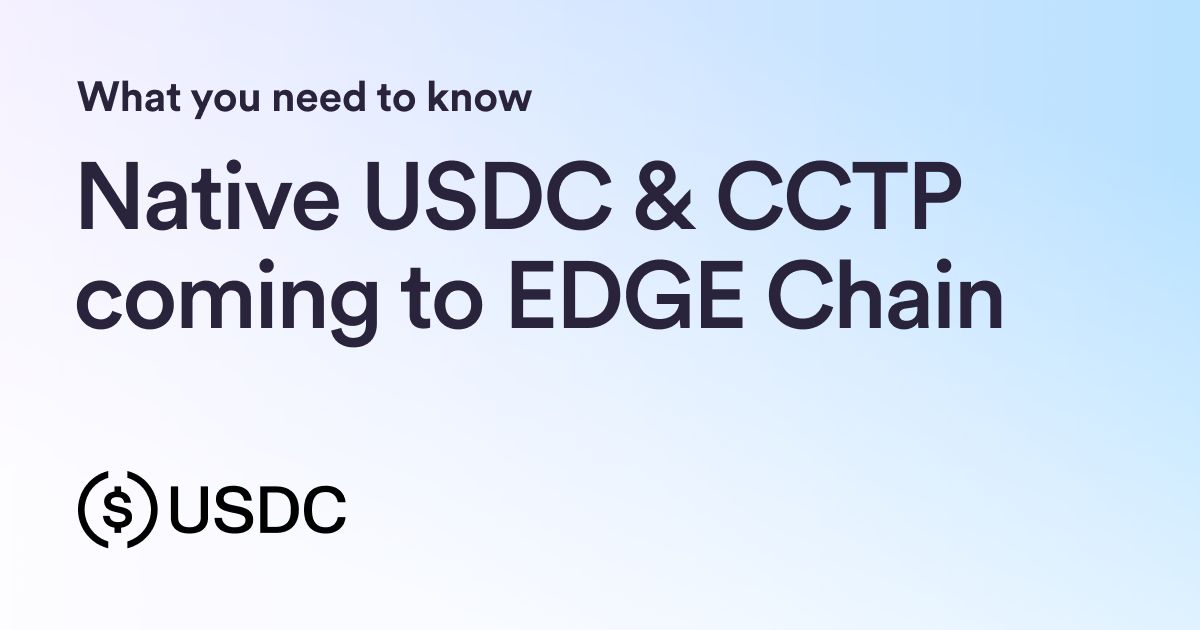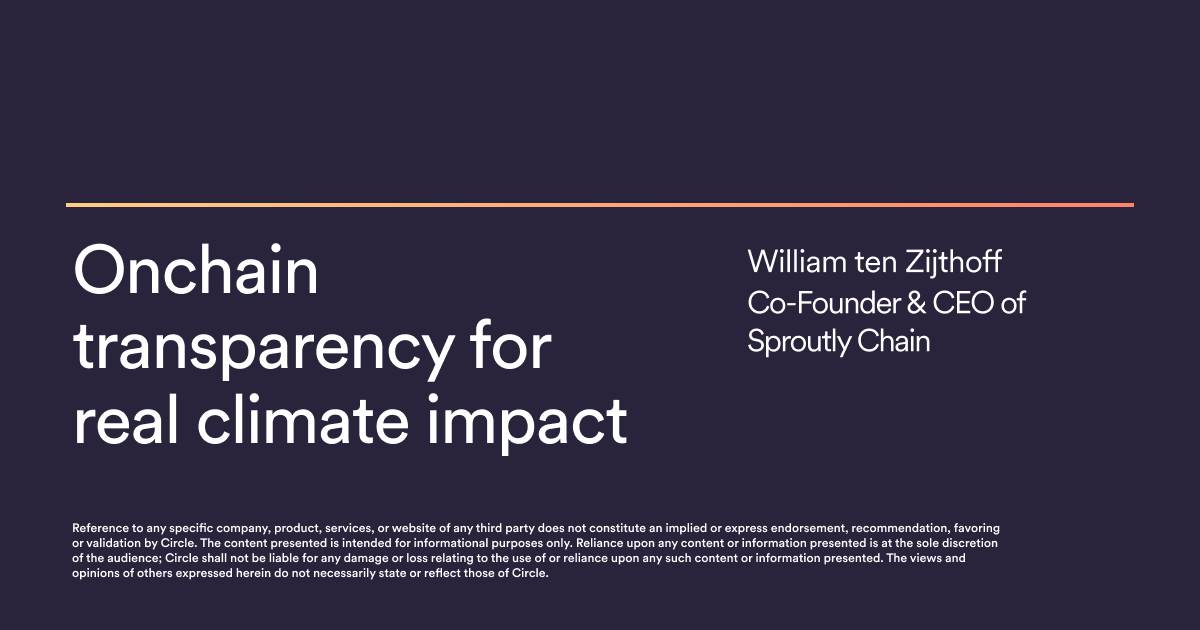We remain committed to transparency and trust, and will continue to enhance reporting and disclosure with simple, clear and frequent updates on USDC.

#2 of a series on USDC Trust and Transparency, by Circle’s CFO, Jeremy Fox-Geen.
Since inception, Circle has intended for USDC to be the most transparent and trusted dollar digital currency. We remain committed to transparency and trust, and will continue to enhance reporting and disclosure with simple, clear and frequent updates.
We are sometimes asked: “Why does Circle publish attestations of the USDC reserve, why not an audit?”. This is important, and the short answer is that we do both. We explain why, and the difference between them, below.
The USDC reserve has been audited annually since launch
An audit is an assurance engagement that verifies the accuracy of financial statements and is typically performed annually by a public accounting firm.
The USDC reserve, which is reported as part of Circle’s financial statements, has been audited annually since launch in 2018 by a leading global accounting firm as part of Circle’s annual financial statement audit. The audit verifies the accuracy, completeness and composition of the reserve and tests the internal controls over financial reporting that ensure financial statement accuracy.
The audits for 2021 and 2020 have been filed publicly with the SEC as we prepare to become a public company listed on the New York Stock Exchange. Circle expects to continue to publish quarterly financial statements (reviewed by our auditors) and annual audited financial statements.
Monthly attestations provide additional assurance
In addition to the annual audit, Circle has published, since the launch of USDC in 2018, monthly statements of the size and composition of the USDC reserve, confirming that the reserve is at least as large as the amount of USDC in circulation. Our auditor performs a monthly examination of account balances (for the reserve) and on-chain totals (for the amount of USDC in circulation) in order to provide robust third-party assurance to the USDC ecosystem as to the accuracy of these statements.
This type of assurance engagement is called an attestation – the accounting firm “attests” to the accuracy of a set of statements. It is different from an audit (it makes little sense to test financial controls monthly, for example), but it provides the same standards of assurance over the statements.
More disclosure, not less
Circle’s disclosures go beyond what is required under existing financial regulation. In addition to our audits and attestations, we recently began publishing weekly data as to the size and composition of the USDC reserve and the amount of USDC minted and redeemed. We have repeatedly urged policymakers and regulators to require regular disclosures of stablecoin issuers, and are committed to finding additional ways to enhance transparency.
Continue Reading our Trust & Transparency series with Liquidity Matters






